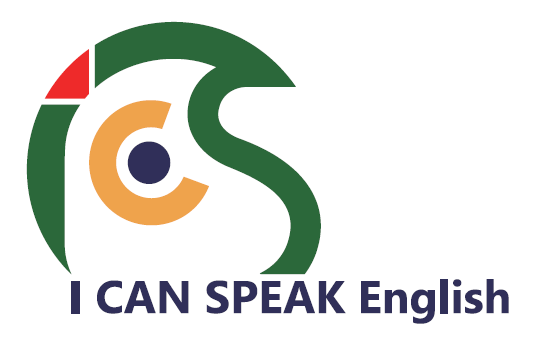WHAT IS REFLECTIVE COMMUNICATION ENGLISH?
Reflexes in English mean that you are always ready to respond to questions immediately without having to think for a long time. It is like an unconditional reflex, just hearing it can be responded to immediately.
Why practice reflexes in English?
In everyday Vietnamese communication, if someone asks you a question but it takes you a few minutes to answer, it is really boring.
In English communication, too, no one is interested in talking to you if it takes a long time for you to respond to their questions. Therefore, in order for the conversation to be attractive and interesting, the conversation participants must have reflexes in English.
Mistakes when practicing English reflexes
Reflex practice is a very necessary and important thing to be able to learn English better. However, not everyone knows how to practice correctly, some mistakes when learning English reflexes that many young people often make are:
Not paying attention to pronunciation
Not being able to reflex English is mostly because you don’t understand what the other person is saying. Although you may already know those words, when you hear them, you suddenly find them extremely unfamiliar.
In other words, the main reason here is that you don’t pronounce it correctly, which leads to listening but not understanding.
Pronunciation is an important factor that determines other skills, but many people “forget” and do not pay attention to pronunciation, making listening and reflex training ineffective.
Reading too much academic material
Many people think that just by reading hard and referring to materials, they can improve their English reflexes quickly.
However, if you choose an academic source of English listening, which is too inclusive compared to your current level, your learning process may be slowed down.
We will learn more effectively and hard if we learn what we like. Therefore, if you like watching movies, listening to music,… then listen to music and play English movies or programs with native accents suitable for your level.
Practice listening but not speaking
The passive listening method is being adopted by many people to improve hearing and reflexes in English. This form of listening helps you gradually become familiar with the tone of the native speakers.
However, listening alone will not be enough for you to have good reflexes. If you abuse passive listening, you may lose your ability to comprehend effective listening.
Instead, choose audio sources with subtitles to combine listening and speaking along. This method not only helps you memorize basic English vocabulary, but also improves your ability to understand the content and develop better reflexes.
How to practice English reflexes effectively
Thinking in English
Make an effort to think in English about your interests, plans, and daily activities. Once you get used to this, you can create short conversations on your own, like introducing yourself and describing things. Thinking in English will form a habit for the brain, thereby improving the ability to reflex quickly and effectively.
Watch Movies and Listen to Music in English
Watching movies and listening to English music are useful methods to improve reflexes. In the movie, everyday common lines will help you get acquainted with the natural way of communicating with native speakers. Plus, the melody and rhythm of the music will make learning to listen more enjoyable. Find yourself good music and choose to watch English movies with subtitles to improve your listening skills every day.
Make friends with natives
Making friends and having daily conversations with native speakers will be an effective way to develop your English reflexes. Communicating with them will help you get used to the standard intonation and improve your listening skills significantly. Moreover, if you mispronounce it, they can quickly help you make adjustments. Actively interact with native speakers to improve your reflex skills.
Learn Communicative English at ICS English
At ICS English, students will focus on mastering vocabulary and sentence structure through the BSM brain method from Singapore. The continuous practical learning program in a real-world environment helps to create natural reflexes in English communication:
– Learn and pronounce 1000 of the most common vocabulary.
– Forming the ability to reflex in flexible situations in life.
– Overcome the fear of speaking English when communicating with foreign teachers.
Students will have the opportunity to practice in common communication contexts, such as role-playing in situations at cafes, sharing and chatting in English, and recording video experiences. Students will also be instructed on how to write CVs, cover letters and conduct 1-on-1 interviews directly with teachers to prepare for jobs at international companies.











